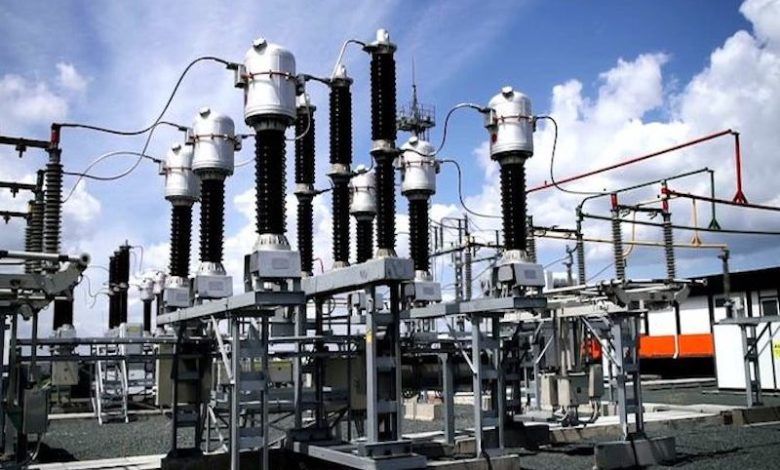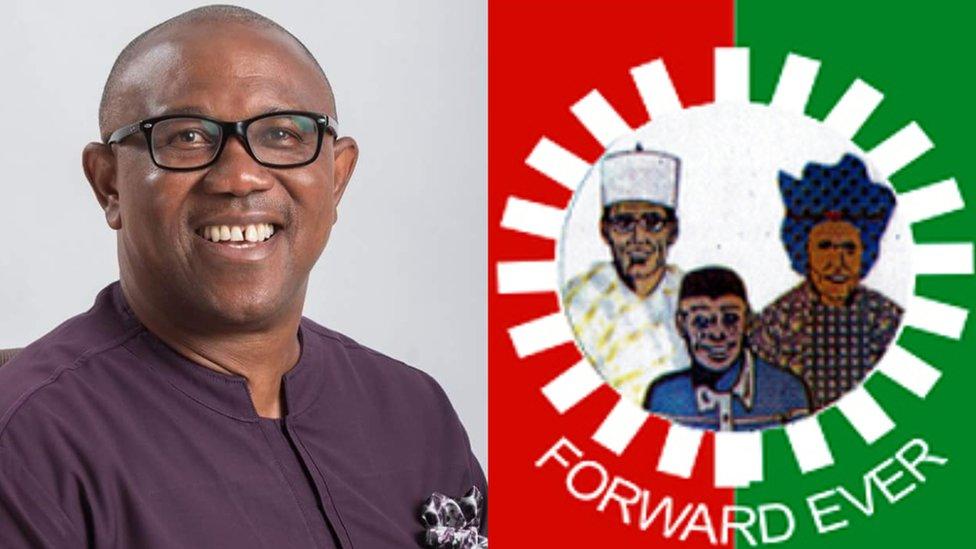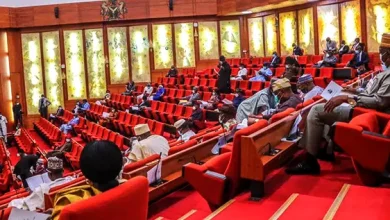
The Nigerian power sector is grappling with poor investments, inadequate gas supply, and outdated infrastructure, all of which contribute to the frequent blackouts experienced across the country.
The national grid has collapsed 11 times in 2024 alone, severely impacting both business activities and the livelihoods of citizens.
The federal government has cited several reasons for these repeated grid collapses, including aging facilities, lack of maintenance, insufficient investment, and acts of sabotage.
The President of the Nigeria Consumer Protection Network, Kunle Olubiyo, acknowledged that while grid collapses are a common occurrence in electrical systems, Nigeria’s challenges are compounded by obsolete infrastructure and weak systems.
Olubiyo emphasized the importance of regular maintenance to prolong the life of power infrastructure. “Without adequate investment in maintenance, the results will not be optimal,” he stated. He highlighted the issue of outdated equipment, noting that meters in use for four to five years should be recalibrated, yet such practices are often neglected.
“Our major challenge is that the grid we rely on was installed many years ago. We can now say that we are using 19th-century technology in the 21st century,” he explained. While other countries have grids older than Nigeria’s, the key to longevity is consistent maintenance.
He also pointed out the lack of necessary protective schemes on the grid and called for a shift toward a decentralized, island-mode grid system that would allow for hybrid energy solutions at the state level.
Olubiyo expressed concern over the inadequate budgetary allocation to the power sector, especially amid the ongoing challenges. He questioned the effective use of foreign loans, stressing the need for better management of public funds to address identified needs.
Citing the United Nations’ energy benchmark, Olubiyo noted that a country should have 1,000 megawatts of energy per million people. With Nigeria’s highest peak generation capacity at just 5,800 MW, he described the country’s situation as one of extreme energy poverty.





